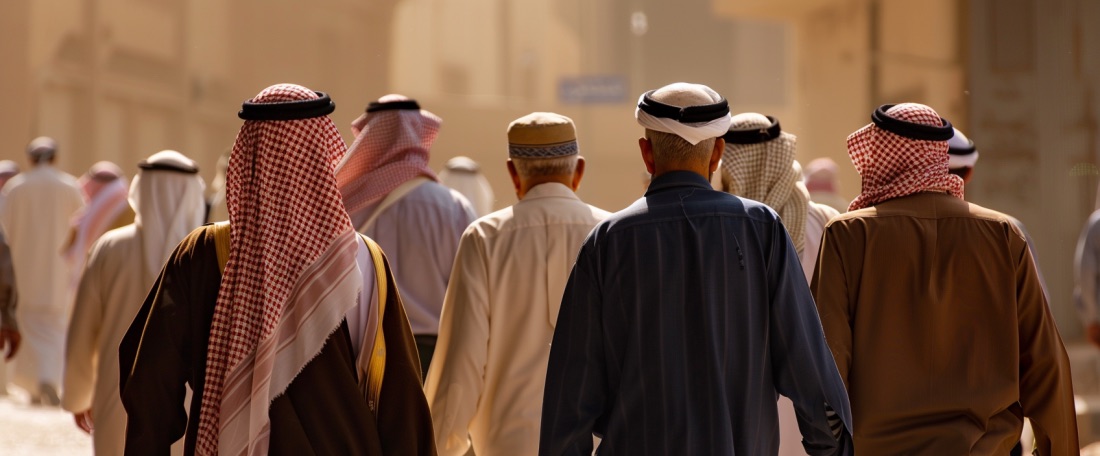Saudi Arabia Signs Major Agreements Worth SR35 Billion During Global Supply Chain Resilience Initiative Forum
Riyadh: In a groundbreaking move, Saudi Arabia has inked nine significant agreements totaling SR35 billion ($9.31 billion) during the Global Supply Chain Resilience Initiative forum held in Riyadh. These deals are set to boost global trade connectivity and diversify the Kingdom’s economy.
Driving Economic Growth Through Key Agreements
The agreements cover crucial sectors such as copper smelting, aluminum production, and rare earth processing. These projects are in line with GSCRI’s target of attracting SR150 billion in export-focused investments by 2030. Saudi Arabia’s remarkable progress in logistics is evident by its impressive jump of 17 places to secure the 38th position in the World Bank’s 2023 Logistics Performance Index.
Notable Ventures and Investments
Key agreements include partnerships in copper smelting, refining, and rod production with Vedanta; titanium projects with Advanced Metals Industries Cluster and Tasnee; and rare earth processing facilities with Hastings. Other significant deals involve semi-finished aluminum plants with Red Sea Aluminum and an aluminum foil rolling plant with Tahweel.
Additional investments encompass opportunities in zinc smelting with Moxico, a platinum group metals smelter and base metals refinery with Ajlan & Bros and Platinum Group, and lithium carbonate extraction along with a copper refinery project with Zijin Group.
One of the highlights of the forum is the signing of a deal to establish a cutting-edge manufacturing facility with GlassPoint, paving the way for the world’s largest industrial solar thermal project.
Strategic Vision for the Future
Saudi Investment Minister Khalid Al-Falih emphasized the evolving nature of globalization into a phase characterized by regionalization and the clustering of supply chains. “In the future, supply chains will revolve around areas where raw materials, energy, human resources, and capital converge in a conducive business environment,” he stated.
Al-Falih also underlined the crucial roles played by companies supported by the Public Investment Fund (PIF), such as Manara and Alat, in advancing sectors like mining and digital manufacturing.
Fostering Industrial and Mining Growth
Minister of Industry and Mineral Resources Bandar Alkhorayef reiterated Saudi Arabia’s aspiration to emerge as a prominent industrial player on the global platform. “The country is committed to expanding its industrial footprint, venturing into new sectors, and assuming a pivotal role in global challenges, especially in mining,” he affirmed.
As part of this vision, the Ministry of Industry and Mineral Resources has opened up opportunities for both local and international firms to compete for exploration licenses in key mineralized areas like Jabal Sayyad and Al-Hajar, covering a combined 4,788 square kilometers. Eligible companies include Zijin Mining Group, Hancock Prospecting, and First Quantum Minerals.
Building Resilient Supply Chains
Minister of State Hamad Al-Sheikh highlighted Saudi Arabia’s dedication to fortifying its logistical infrastructure and bolstering global supply chain resilience. He outlined several national strategies aimed at attracting both local and international investment, including the National Industrialization Strategy, the National Investment Strategy, the National Transportation and Logistics Strategy, and the National Agricultural Strategy.
However, Al-Sheikh also cautioned about the challenges posed by shifting market dynamics, geopolitical influences, and environmental considerations. “We must remain vigilant about the challenges arising from rapid changes in the global supply chain landscape,” he warned.
Elevating the Aviation Industry and Logistical Positioning
President and board chairman of Boeing Saudi Arabia Asaad Al-Jomoai also participated in the event, focusing on the Kingdom’s advancements in the aviation industry and its strategic logistical position.
Regarding air mobility and environmental concerns, Al-Jomoai highlighted Boeing’s commitment to ensuring that all its commercial jetliners will be compatible with sustainable aviation fuel by the end of the decade.
Al-Jomoai emphasized Saudi Arabia’s unique position at the crossroads of three continents, leading trade routes, and energy flows, with a competitive energy landscape encompassing hydrocarbon and renewable energy sources, along with top-notch physical and digital infrastructure.
He further noted that the nation is at the forefront of digitizing its government processes, offering investors rare fiscal and monetary stability on a global scale.
Launched in October 2022, the GSCRI initiative aims to position Saudi Arabia as a global supply chain hub, leveraging its strategic advantages and mitigating the impact of global disruptions. This initiative is an integral part of the ongoing 28th World Investment Conference in Riyadh, running until Nov. 27.

